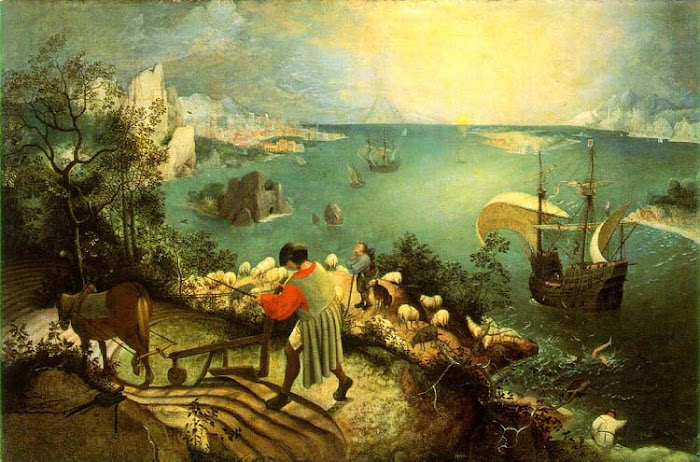
Nine-year-old Sylvia has come from the city to live in the
One evening she is approached by a hunter, who is in the area looking for birds to shoot and preserve for his collection. This young man is searching in particular for the rare white heron and he is sure that it makes its nest in the vicinity. He accompanies Sylvia on her way with hopes of spending the night at her grandmother’s house. Once he has received this invitation, he makes himself at home, and after they eat, he says that he will give a sum of money to anyone who can lead him to the white heron. The next day Sylvia accompanies the hunter into the forest as he searches for the bird’s nest, but he does not find it. Early the following morning, the girl decides to go out and look for the bird by herself so that she can be sure of showing the hunter its exact location when he awakes. She decides to climb the tallest tree in the forest so that she can see the entire countryside, and she finds the heron, just as she had thought she would. But Sylvia is so affected by her tree-top observation of the heron and other wildlife that she cannot bring herself to disclose the heron's location to the hunter after all, despite his entreaties. Sylvia knows that she would be awarded much-needed money for directing him to the heron, but she decides that she can not play any part in bringing about the bird's death. The hunter eventually departs without his prize. As Sylvia grows older she is haunted by the idea of what she gave up that day, and in the last paragraph of the story, Jewett, as omniscient observer, urges nature to reward her for her selflessness by offering her its secrets.


No comments:
Post a Comment